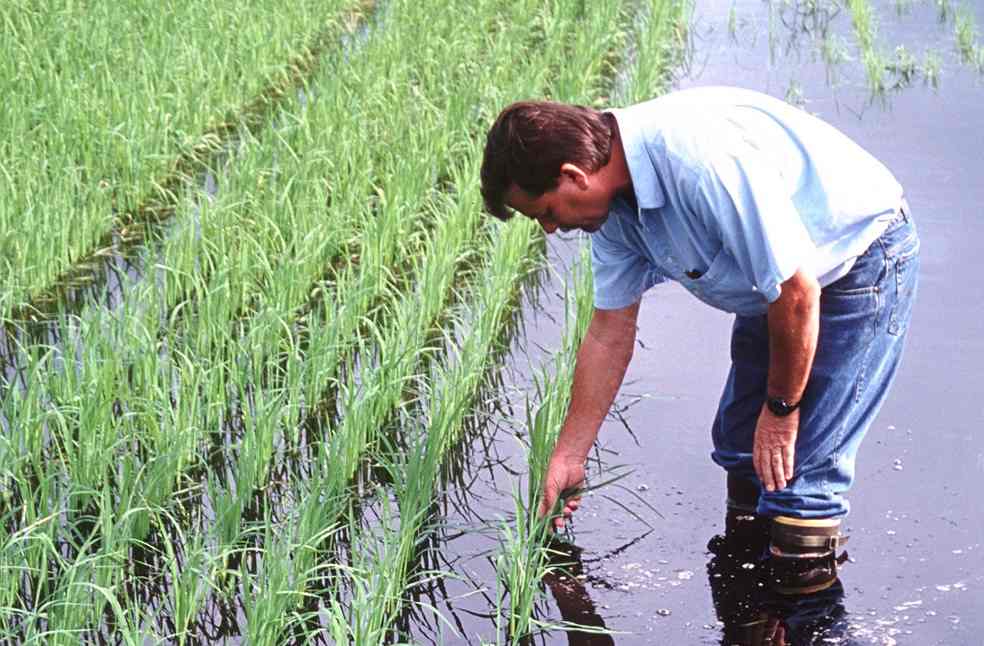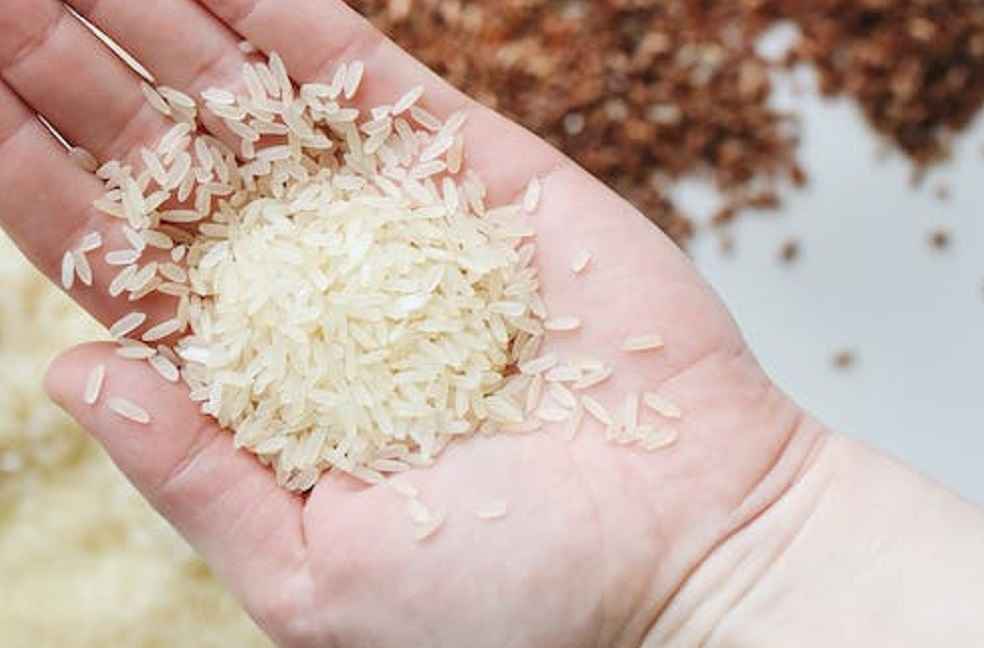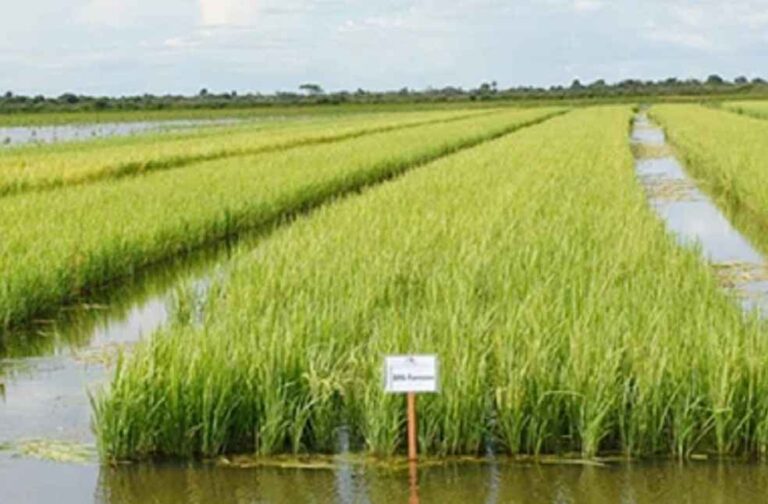South America’s verdant rice fields are in the midst of a rice crisis. It is the battleground against nature’s fury, with floods engulfing Paraguay’s farmland and erratic weather across the continent. This alarming situation, detailed by S&P Global Commodities Insights, casts a pall over the region’s agriculture, particularly impacting the 2024 harvest prospects.
Skyrocketing prices accompany these rising waters. Brazil’s dwindling rice stocks have forced it to import 30,000 metric tons from Thailand, a stark testament to the crisis’s magnitude. This urgent measure reflects the dire need for stable rice supplies.
The Paraguayan Federation of Rice Producers, as reported by Planeta Arroz, estimates that up to 54% of the nation’s rice crop is under threat due to flooding. A local exporter shared with S&P Global their concerns about the production impact, acknowledging the uncertainty tied to future weather conditions.

Optimism for the harvest, set to start around late January or early February, remains tempered. South America aims to be at the forefront of replenishing rice stocks, with Brazil, Uruguay, and Argentina’s crops expected to follow. Yet, an international commodities trader predicts harvest delays across the region.
Brazil’s dependency on Paraguay for rice, essential for its supply and exports from Rio Grande do Sul, highlights the interconnectedness of the South American rice market.
The climatic shift from La Nina to El Nino, causing more rain in the south and dry spells in the north, has worsened the situation. Argentina, in particular, felt the brunt, with decreased output affecting its role in the export market.

Farmers in southern Brazil and Argentina offer a ray of hope, pushing forward with planting despite adverse conditions. An Argentinian exporter expressed to S&P Global a cautious yet hopeful outlook, expecting substantial late planting in December and describing the rice fields as being in acceptable condition.
This crisis in South America’s rice-growing heartlands isn’t just a regional issue; it’s a pivotal moment with global ramifications. The outcomes here will resonate far beyond these flood-hit fields, influencing worldwide food security discussions and shaping agricultural policies for years.
IMEX SECTOR | Australian Beef Soars, Defying Global Slump



